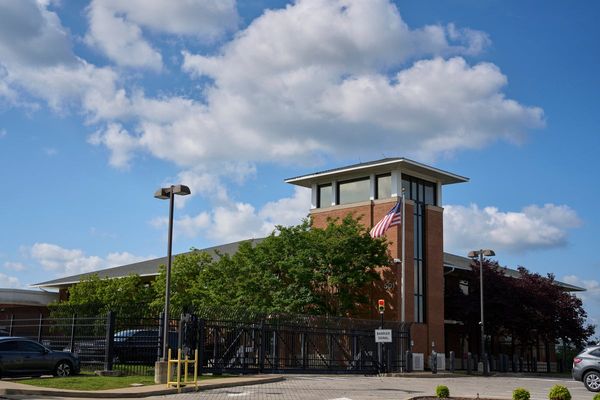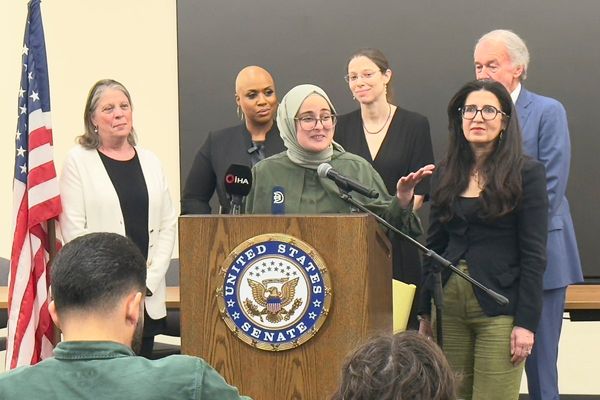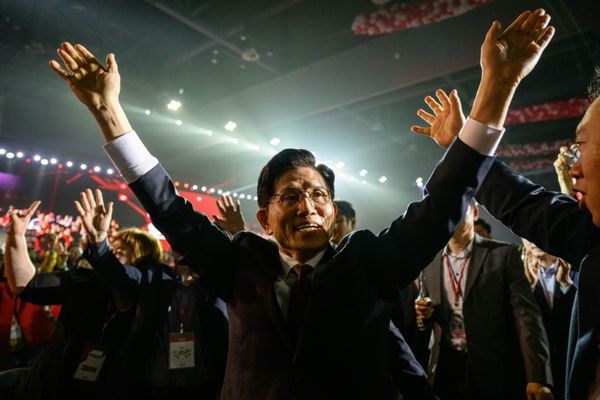
Who gets to write history? I like to refer to myself as an accidental historian. I didn’t choose to become one but rather became one out of necessity. History was not something I considered as a career because, quite simply, I did not see anyone that looked like me writing about history.
I was brought up being told histories about my ancestors by people who did not look like me – mostly white, middle-aged men. I didn’t question this, even though the history we produce reflects the ideas, values and identity of the historian. The histories that I write largely deal with narratives that have been erased or silenced. But it became apparent very quickly that the tools I had been equipped with by history are insufficient when applied to marginalised histories, and that different lenses are required to minimise the reproduction of erasures and silences.
When thinking about the lives of enslaved Black women in Caribbean history, the scholar Marisa Fuentes asks: “How do we narrate the fleeting glimpses of enslaved subjects in the archives and meet the disciplinary demands of history that requires us to construct unbiased accounts from these very documents? How do we construct a coherent historical accounting out of that which defies coherence and representability? How do we critically confront or reproduce these accounts to open up possibilities for historicising, mourning, remembering, and listening to the condition of enslaved women?”
Similar questions emerged as I attempted to write the history of convicts of African descent in colonial Australia. When writing the histories of those who have been erased, silenced and overlooked, grappling with the ethical implications of historical production becomes vital: who is doing the recording, and why? How are they being recorded? What does it mean to repeat the “facts” without analysis?
As I’ve dived deep in the archives these past six years, I’ve become more and more amazed as the stories of ancestors from Barbados, the United States, Mozambique, Canada, Jamaica, Britain, South Africa, Antigua and so many other places began to reveal themselves. Despite the fragments which show up in colonial archives, I’ve been able to piece together parts of narratives – and in turn, they have helped to make sense of my complicated identity. But the joy of discovery has also been met with frustration – and on several occasions anger. Why don’t we know about these men, women and children? They are literally recorded, and often in racialised ways, that make it impossible to ignore. But ignored they have been, and I believe one of the contributing factors to this being an under-researched area is epistemic injustice.
According to the philosopher Miranda Fricker, an epistemic injustice occurs when “someone is wronged in their capacity as a knower”. Epistemic injustice includes exclusion and silencing. Fricker identifies two distinct forms of epistemic injustice: testimonial and hermeneutical injustice.
“Testimonial injustice occurs when prejudice causes a hearer to give a deflated level of credibility to a speaker’s word.” An example of this would be questioning or not believing someone’s testimony because of their identity, such as when police disbelieve Black people unless the evidence is corroborated by someone else. “Hermeneutical injustice occurs at a prior stage, when a gap in collective interpretive resources puts someone at an unfair disadvantage when it comes to making sense of their social experiences.” An example of this would be when someone suffers sexual harassment in a culture that still lacks that critical concept of it. That person might not be able to distinguish between sexual assault and “flirting”, causing confusion and the inability for them to articulate their experience.
The colonial archives have presented me with opportunities to better understand – and make sense of – this settler colony known as Australia. But working with archives takes a toll – physically, mentally and emotionally. Archives are representations of state violence and power, and it is clear when working through histories that deal with the exploitation of human labour for profit. I have had moments where I have broken down reading through material that makes it difficult to comprehend how humans could subject other humans to so much cruelty. And working through tragedy after tragedy, with the awareness that many of these ancestors were denied access to justice in their lifetimes, makes me approach the work with a sense of urgency.
As a Black female historian, being repeatedly subjected to this has given me an awareness that my work goes beyond just “writing history” – it may act as a corrective to some of these epistemically violent narratives and help us see these people as more than commodities and convicts.
I want to make the case for epistemic courage – for those of us tasked with the privilege of recording and constructing histories who might not be “historians” but are contributing to future archives, whether it is news outlets, institutions, and those working in policy, to exercise an awareness of power dynamics. To have the courage to challenge our prejudices through the choices we make. For every choice that is made, an omission is also taking place. We must be aware of epistemic injustices – of structural power. Who are we centring, and why? Whose perspective is being excluded? Who is recording, and what is their relationship to those being recorded?
I’m not suggesting that asking these questions will solve these challenges, but it may minimise epistemic harms.
• Santilla Chingaipe is a historian and filmmaker. This is an edited extract from the E. W. Cole Lecture she will deliver at the Wheeler Centre on Thursday







